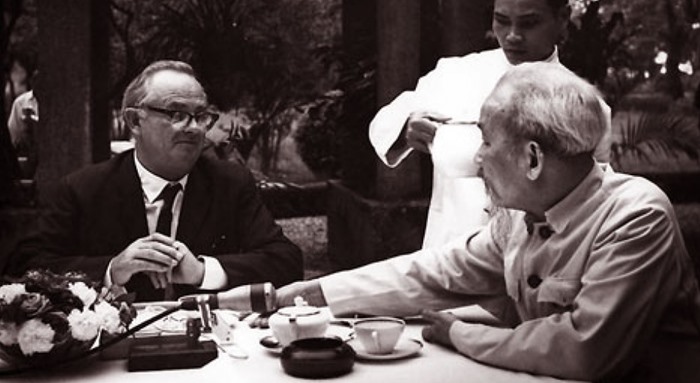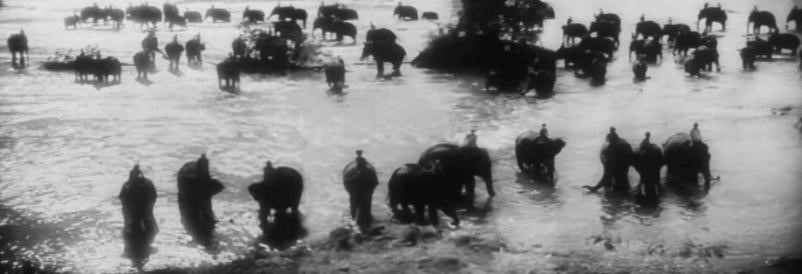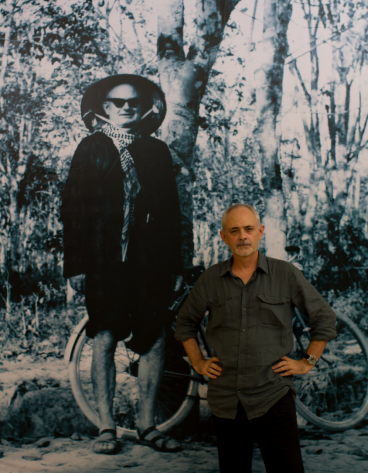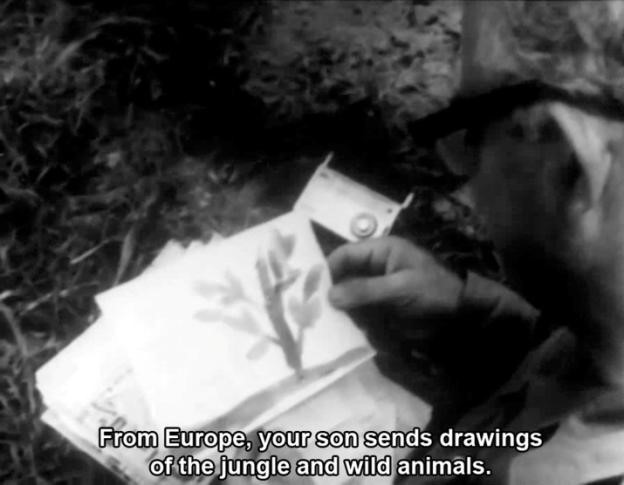Movie night marks 108-year birthday anniversary of journalist Wilfred Burchett
 |
Journalist Wilfred Burchett in an interview with President Ho Chi Minh. Source: The Australian
Wilfred Burchett was the first international journalist to visit liberated areas during the war against the Americans in late 1963, early 1965.
To celebrate the 108th birthday anniversary of Australian journalist Wilfred Burchett, on September 16 at the Centre for Development of Movie Talent, a screening of two documentary film “Public Enemy Number One” and “Journalist Wilfred Burchett visits the Liberated Zones of South Vietnam”.
His unorthodox views and activities caused him to be labelled a traitor by many, and to be barred from returning to his native Australia. Burchett was the first Western journalist to report on the devastating after effects of Hiroshima. During the Vietnam war he lived among the Vietnamese resistance force, and was a friend and admirer of President Ho Chi Minh.
“Public Enemy Number One” (1981) directed by David Bradbury, is a stunning documentary on the life and work of maverick Australian journalist Wilfred Burchett who chose to report from “the other side.”
According to Bertrand Russell - a British philosopher, logician, mathematician, historian, writer, essayist, social critic, political activist, and Nobel laureate – “one man, Wilfred Burchett, alerted Western public opinion to the nature of this war and the struggle of the Vietnamese people.”
“Public Enemy Number One” is a portrait of the man who served as a war correspondent in Japan, Korea, and Vietnam. It delves into the controversy he created by his conviction that the West was wrong in Korea and Vietnam. Burchett insisted he was exercising his journalistic responsibility in reporting the truth, but his critics labelled him a traitor and his country exiled him.
This movie received a number of awards including: Best Film, Sydney Film Festival (1981); Edinburgh International Film Festival (1981); Golden Gate Award, San Francisco Film Festival (1981) and Berlin Film Festival (1981).
 |
Somewhere in the Central Highlands around 1963 as captured in a still frame by journalist Wilfred Burchett on a visit to the liberated zones of South Vietnam. Photo courtesy of George Burchett
On the other hand, “Journalist Wilfred Burchett visits the Liberated Zones of South Vietnam” (1964) is a documentary film produced by the Liberation Studios of the National Liberation Front of South Vietnam.
In late 1963, Wilfred Burchett embarked on his “greatest journalistic enterprise since Hiroshima” – as he himself describes it his memoirs. He spent almost 6 months, from October 1963 to late March 1964, travelling through National Liberation Front controlled zones of South Vietnam. His journey began in the Central Highlands (Tay Nguyen) – and took him on foot, bicycle, horseback and by boat to Cu Chi, to the very outskirts of Saigon (Ho Chi Minh city today), and all the way down to the Mekong Delta.
Wilfred Burchett’s son - artist George Burchett – will be joining the night and participants are going to have an opportunitie to talk with him./.
 |
George Burchett with a photo of his father, Australian journalist Wilfred Burchett at the photographic exhibition Wilfred Burchett and Vietnam, at the Ho Chi Minh Museum in Hanoi, September 2011. Photo Graham Burchett.
 |
Eight minutes into the film, a Veitnamese postman delivers Wilfred Burchett his mail. The commentary says: "From Europe, your son sends drawings of the jungle and wild animals. He is a little afraid for you, but he doesn’t yet know that here the most dangerous animals are American imperialists."
VNF
Recommended
 Handbook
Handbook
Vietnam Moves Up 8 Places In World Happiness Index
 Handbook
Handbook
Travelling Vietnam Through French Artist's Children Book
 Multimedia
Multimedia
Vietnamese Turmeric Fish among Best Asian Dishes: TasteAtlas
 Handbook
Handbook
From Lost to Found: German Tourist Thanks Vietnamese Police for Returning His Bag
 Handbook
Handbook
Prediction and Resolution for the Disasters of Humanity
 Handbook
Handbook
16 French Films To Be Shown For Free During Tet Holiday In Vietnam
 Handbook
Handbook
Unique Cultural and Religious Activities to Welcome Year of the Snake
 Handbook
Handbook
